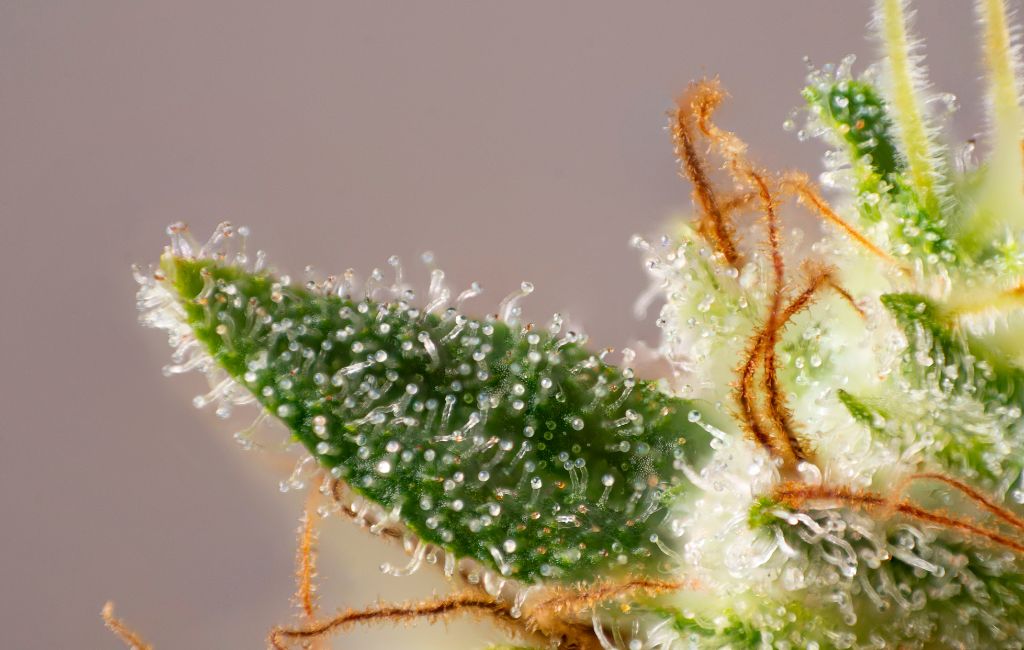THCa Flower: Exploring Its Benefits for Holistic Health
In recent years, the interest in cannabis and its various compounds has surged, leading to a deeper understanding of its potential health benefits. One such compound that has garnered attention is THCa, or tetrahydrocannabinolic acid. Unlike its more famous counterpart THC, THCa is non-psychoactive, meaning it does not produce the “high” associated with cannabis use. This article delves into the benefits of THCa flower for holistic health, supported by research, examples, and case studies.
Understanding THCa
THCa is a cannabinoid found in raw and live cannabis plants. It is the precursor to THC, which means that when THCa is exposed to heat through smoking, vaping, or cooking, it converts to THC. This process is known as decarboxylation. In its raw form, THCa offers a range of potential health benefits without the psychoactive effects of THC.
Non-Psychoactive Nature
One of the primary reasons for the growing interest in THCa is its non-psychoactive nature. This makes it an appealing option for individuals seeking the therapeutic benefits of cannabis without the mind-altering effects. This characteristic is particularly beneficial for those who need to maintain clarity and focus throughout their day.
Health Benefits of THCa Flower
Research and anecdotal evidence suggest that THCa may offer a variety of health benefits. Here are some of the key areas where THCa flower shows promise:
- Anti-Inflammatory Properties: Studies have indicated that THCa possesses anti-inflammatory properties, making it potentially useful for conditions such as arthritis and other inflammatory diseases.
- Neuroprotective Effects: Research suggests that THCa may have neuroprotective properties, which could be beneficial for neurodegenerative diseases like Alzheimer’s and Parkinson’s.
- Anti-Emetic Effects: THCa has shown promise in reducing nausea and vomiting, which can be particularly helpful for patients undergoing chemotherapy or those with chronic conditions that cause nausea.
- Antioxidant Properties: The antioxidant properties of THCa may help in protecting cells from damage caused by free radicals, potentially reducing the risk of chronic diseases.
Case Studies and Research
Several case studies and research projects have highlighted the potential benefits of THCa. For instance, a study published in the British Journal of Pharmacology found that THCa exhibited significant anti-inflammatory effects in animal models. Another study in the Journal of Neuroimmune Pharmacology suggested that THCa could help protect brain cells from oxidative stress, a key factor in neurodegenerative diseases.
In a real-world example, a patient suffering from severe arthritis reported significant pain relief and improved mobility after incorporating THCa flower into their treatment regimen. This anecdotal evidence, combined with scientific research, underscores the potential of THCa as a therapeutic agent.
Methods of Consumption
There are various ways to consume THCa flower, each with its own set of benefits. Here are some popular methods:
- Raw Consumption: Consuming raw cannabis leaves or flowers in smoothies or salads is a popular method. This allows individuals to benefit from THCa without any psychoactive effects.
- Tinctures and Oils: THCa tinctures and oils can be taken sublingually (under the tongue) for quick absorption into the bloodstream.
- Topicals: THCa-infused creams and balms can be applied directly to the skin, providing localized relief for conditions like arthritis and muscle pain.
Legal Considerations
The legal status of THCa varies by region. In some areas, THCa is considered legal as long as it is derived from hemp and contains less than 0.3% THC. However, in other regions, all forms of cannabis, including THCa, may be restricted. It is important to check local laws and regulations before purchasing or using THCa products.
Conclusion
THCa flower offers a promising avenue for those seeking the therapeutic benefits of cannabis without the psychoactive effects. With its potential anti-inflammatory, neuroprotective, anti-emetic, and antioxidant properties, THCa could play a significant role in holistic health and wellness. As research continues to evolve, the understanding of THCa and its benefits will likely expand, providing more opportunities for its use in various health applications.
